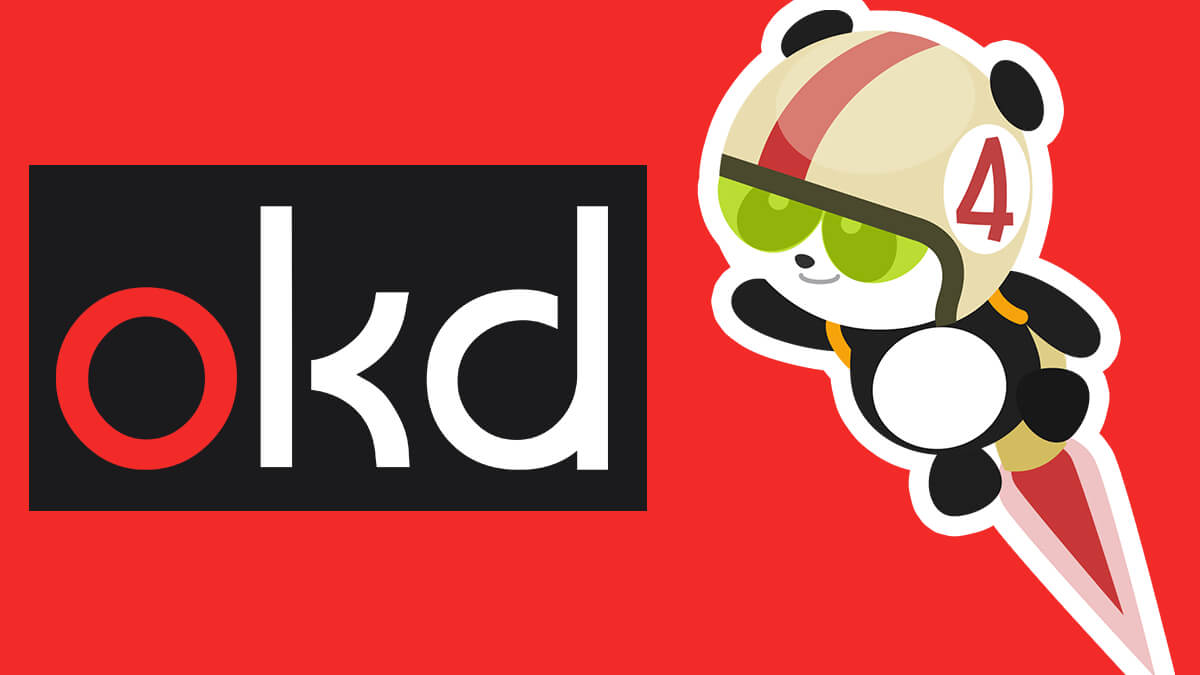As businesses adapt to technological advancements, the need for efficient and scalable IT infrastructure platforms grows. OKD, the community distribution of Kubernetes, emerges as a strong contender against traditional virtualization solutions like VMware. This article explores OKD, its features, and why it is a compelling alternative to VMware.
Understanding OKD
OKD is an open-source distribution of Kubernetes, optimized for continuous application development and multi-tenant deployments. It enhances Kubernetes with developer and operations-focused tools for rapid application development, deployment, and scaling. Known as Origin in GitHub, OKD simplifies launching Kubernetes on any cloud or bare metal infrastructure, ensuring seamless cluster management and providing an extensive toolkit for successful containerized applications.
Key Features of OKD
This automated Kubernetes distribution works seamlessly with major cloud providers, bare metal, OpenStack, and other environments. Its flexibility allows organizations to deploy Kubernetes tailored to their infrastructure needs. With integrated service discovery and persistent storage, building and maintaining applications becomes straightforward, while automatic scaling efficiently manages increased demand.
The platform’s high availability, load balancing, health checks, and failover mechanisms ensure application resilience. Access to the Operator Hub extends Kubernetes capabilities through automated lifecycle management, enhancing the platform’s versatility.
Developer-Centric Tools and Ease of Use
OKD emphasizes developer productivity with a user-friendly web console and command-line interface (CLI) for building, deploying, and monitoring containerized applications. Source-to-Image (S2I) technology allows developers to deploy their source code by combining it with an existing S2I-enabled container image, simplifying the process.
Centralized administration and management features make overseeing the entire stack, team, or organization easy, ensuring efficient resource management.
Security and Multi-Tenancy
Security is a key focus in OKD. Containers run as non-root unique users, isolated from system users, and are restricted from accessing host resources. CPU and memory limits ensure fair resource allocation, and multi-tenancy support allows different teams and users to operate in secure, isolated environments. OKD’s security policies ensure persistent storage accessed by containers is protected under unique SELinux labels, preventing data breaches.
Why OKD is a Viable Alternative to VMware?
This community-driven, open-source platform offers significant cost savings, eliminating the high licensing fees typical of proprietary options like VMware. Its cloud-native architecture is specifically designed for container orchestration, making it ideal for organizations moving towards microservices-based approaches.
With compatibility across various cloud providers and bare metal setups, it provides businesses with the flexibility and freedom to tailor their infrastructure. Developer productivity is boosted through integrated tools and automated deployment, accelerating time-to-market. Scalability and high availability are built into the platform’s core, surpassing traditional VM scaling capabilities.
Lastly, as an open-source project, OKD benefits from continuous community-driven innovation, ensuring it remains at the cutting edge of container orchestration technology.
Conclusion
This platform stands out as a powerful, flexible, and cost-effective alternative to VMware for organizations modernizing their IT infrastructure. With its comprehensive features, developer-centric tools, robust security, and community-driven innovation, it’s an ideal choice for enhancing application development and deployment processes. As the demand for agile and efficient operations grows, solutions like this one are poised to lead the next generation of IT infrastructure.
At LinProfs, we specialize in guiding businesses through the transition, offering expert support and tailored solutions to ensure a seamless and successful integration. Let us help you harness its full potential to future-proof your IT infrastructure.



Comments are closed